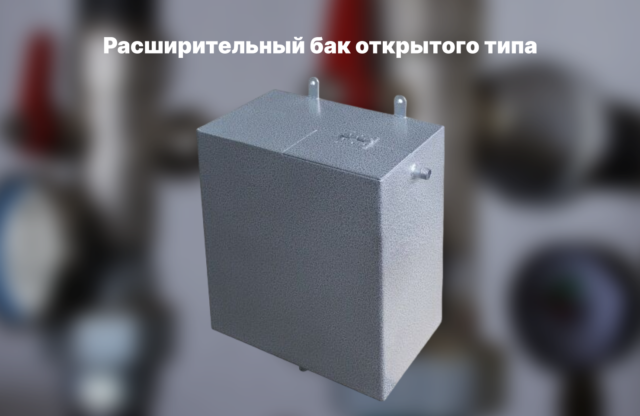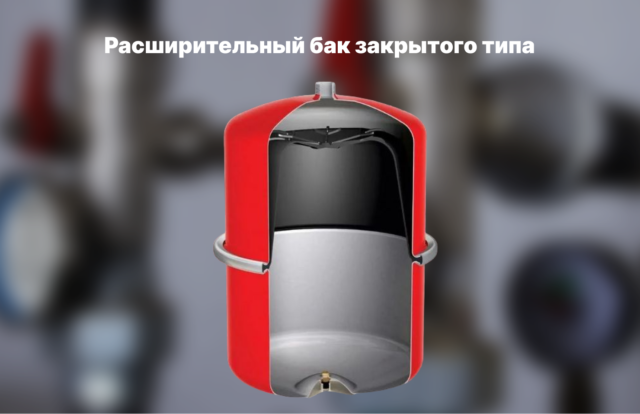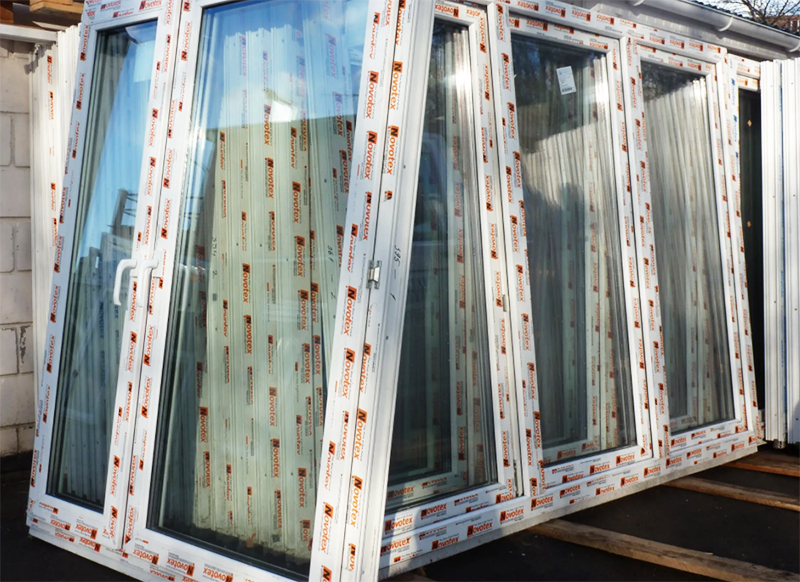The heating system of any home or building requires an integrated approach to the selection of components. One of the most important elements is the expansion tank. It plays a central role in ensuring the stability and efficiency of the heating system. Want to install expansion tankbut don't know where to start? Read our comprehensive article to help you choose the perfect expansion tank for your heating system.
What is an expansion tank and its functions?
An expansion tank is an element of the heating system that serves to compensate for changes in the volume of the coolant during heating and cooling. This ensures pressure stability in the system and prevents it from overheating or destruction from excess pressure.
Operating principle of the expansion tank
When the coolant in the heating system heats up, its volume increases. This leads to an increase in pressure in the system. The expansion tank serves to “accommodate” this additional volume, preventing excess pressure from occurring.
Types of expansion tanks for heating
There are different types of expansion tanks, each with their own advantages and disadvantages.
Open expansion tanks

Open expansion tanks are connected to the atmosphere and serve to compensate for changes in water volume in open heating systems.
Advantages
They are easy to install and maintain, making them a popular choice for many home owners.
Flaws
However, they have their drawbacks. They take up more space and are at risk of contamination and corrosion due to direct contact with air.
Closed expansion tanks

Closed expansion tanks are sealed containers that are connected to the heating system.
Advantages
They are smaller and more efficient than open tanks and can be installed anywhere in the system.
Flaws
However, they require regular maintenance and air pressure checks to ensure they operate effectively.
Permanent expansion tanks
Permanent expansion tanks are a new type of tank that require no maintenance and can provide more stable system pressure.
Advantages
They are corrosion resistant, can operate at high pressures and require no maintenance.
Flaws
However, they are more expensive and may require specialized installation.
How to choose the right expansion tank for your heating system?
Heating system size
The choice of expansion tank size depends on the volume of the heating system. A large system requires a larger tank than a small one.
Installation site requirements
It is also important to consider the installation location. Open tanks require more space and must be installed at the top of the system, while closed tanks can be installed anywhere.
Budget
Of course, budget plays an important role. Open tanks are usually cheaper but require more space and maintenance. Closed tanks may be more expensive, but they are more effective and can last longer.
Conclusion
Choosing an expansion tank for your heating system is an important decision that requires careful consideration. It's important to consider all factors, including the size of your system, available space, budget, and maintenance needs.


